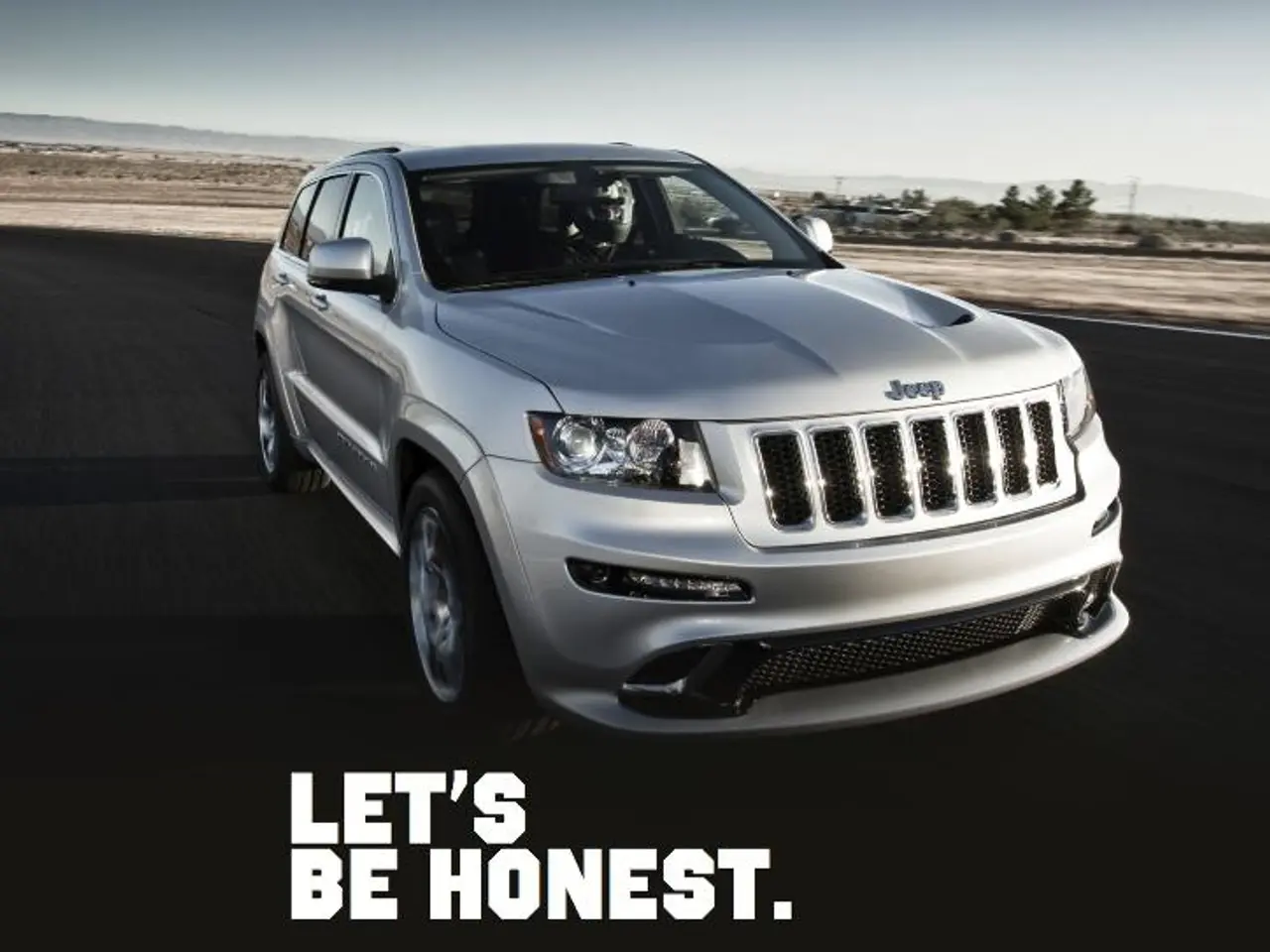European Car Manufacturers Face Tariff Struggles; Toyota's Production Reaches All-Time High
In the first half of 2025, U.S. tariffs on automobiles have had a significant negative financial impact on several luxury car manufacturers, including Aston Martin, Mercedes-Benz, and Porsche. Collectively, these brands have reported losses totalling approximately $889 million due to these tariffs.
Porsche, for instance, incurred a €400 million ($462 million) loss, while Mercedes-Benz more than halved its operating income to €1.99 billion ($2.30 billion), a decrease of €1.01 billion ($1.16 billion) compared to the same period in 2024. Aston Martin, on the other hand, issued a profit warning linked to both tariffs and weakened demand from China.
Lamborghini's operating income dropped from €458 million ($528 million) to €431 million ($497 million) due to adverse currency movements, and Porsche is spending money on business restrictions due to sales challenges in China and slow consumer uptake of battery-electric vehicles.
The increased import costs from these tariffs have led manufacturers to absorb the losses through reduced profits or pass them on to dealers and consumers as higher prices. This can result in tighter supply chains, reduced inventory for U.S. dealers, and potentially higher sticker prices on luxury automobiles.
The effect is particularly pronounced for European brands such as Mercedes-Benz and Porsche, whose production facilities are largely overseas, making them more vulnerable to import duties.
In contrast to these struggles, Toyota has reported record-breaking global output and sales for the first half of 2025, with global sales growing 5.5% year-on-year to more than 5.1 million vehicles. Hybrid powertrain vehicles make up 43% of Toyota's worldwide sales for the first half of 2025.
Other manufacturers, such as Stellantis, have also faced challenges in the first half of 2025, but specific details about their financial situation or the impact of tariffs were not provided in this report.
In response to these challenges, some manufacturers have taken steps to manage the economic fallout. Porsche, for example, has lowered its full-year profitability forecast, while Aston Martin has revised its expectations for the year, expecting to break even instead of making a profit.
The CEO of Aston Martin, Adrian Hallmark, directly blames U.S. President Donald Trump's tariffs on imported foreign-made cars for the company's revised 2025 economic performance. Hallmark also urges the U.K. government to improve the quota mechanism for U.K. auto imports into the U.S. to ensure fair access for the entire industry.
Lamborghini, while not explicitly mentioned in this report, is likely similarly affected as a European luxury brand heavily reliant on imports to the U.S.
[1] Business Insider
[2] Reuters
- Despite the financial struggles faced by luxury car manufacturers like Aston Martin, Mercedes-Benz, and Porsche due to U.S. tariffs, some brands like Toyota are thriving, with record-breaking electric vehicles production and strong global sales.
- To cope with the financial impact of the tariffs, companies such as Porsche and Aston Martin have revised their financial forecasts for the year, with Porsche lowering its full-year profitability projections and Aston Martin expecting to break even instead of making a profit.





